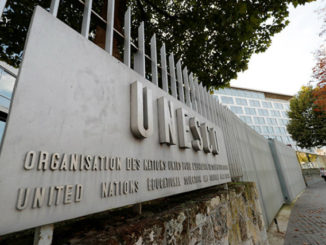
BUENOS AIRES – The undersecretary of Tourism of Chile, Mónica Zalaquett and the Tourism Minister of Argentina, Gustavo Santos, signed an agreement to promote Chile and Argentina jointly in faraway destinations, such as Asian countries.
The initiative considers “actions in matters of public-private collaboration, with the clear objective of promoting the promotion and strengthening of bilateral tourist relations.”

The document contemplates advancing in the integrated management of border crossings, with the objective of facilitating the transit of tourists between both countries. Also, it will seek to implement joint value visas, to enable a visa system that allows foreigners from third countries, after having obtained an Argentine or Chilean visa, to visit both destinations indistinctly.
Another action will be the development and promotion of integrated tourist circuits, with special emphasis on the altiplanic zone and in Patagonia.
“This is an agreement that is transcendental in the promotion and work together with Argentina. As a government we have the conviction that we are facing a great opportunity to successfully promote our countries as a single destination in third markets, “explained Undersecretary of Tourism Mónica Zalaquett.

For his part, Minister Gustavo Santos stressed that “we aspire to grow as a destination of nature, which is what the world will demand the most in the next decade. And we want Argentina and Chile to be the destinations of nature par excellence of the world.”
Nuestra geografía es única, extrema y llena de contrastes, y ahora tendrás la posibilidad de recorrerla donde quiera que estés, con Chile 360°. ¡Descárgala en https://t.co/6TPOcDDjGZ! #AppChile360 pic.twitter.com/dyRIqOpYJr
— Marca Chile (@MarcaChile) June 5, 2018
Ricardo Margulis, president of the Federation of Tourism Companies of Chile (Fedetur), valued this joint work agreement, noting that “as a private sector we hope it will allow us to make progress in improving connectivity and facilitate the travel of Chileans and Argentines to both territories.”



